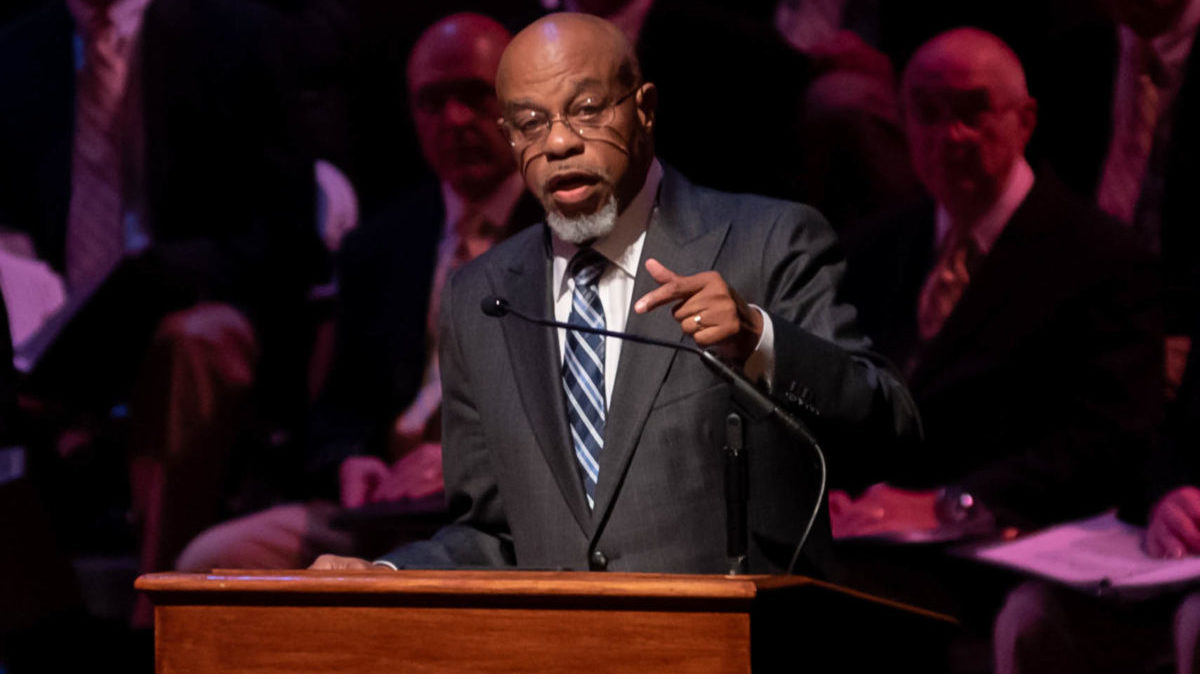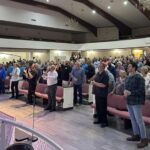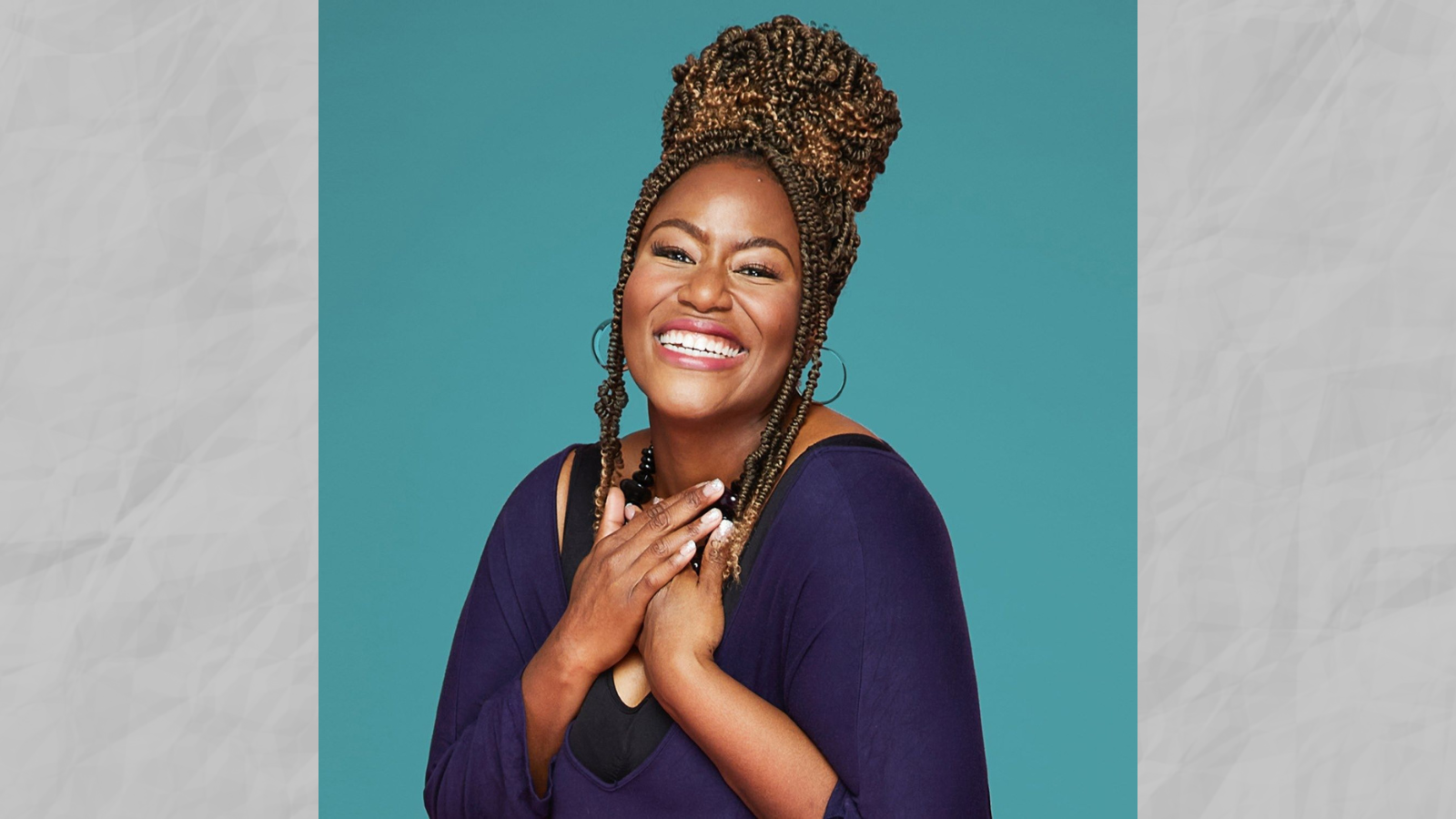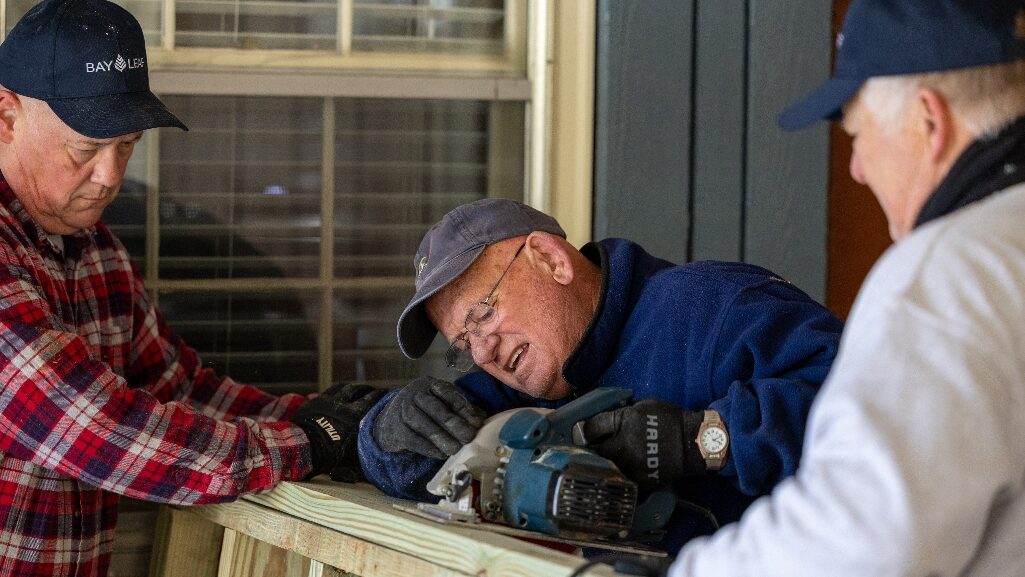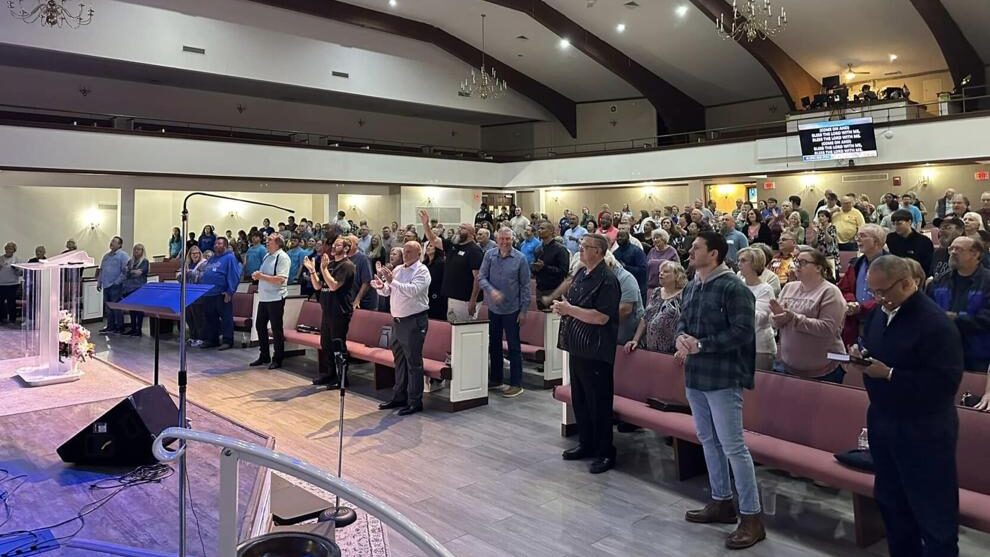The pastor of a Maryland megachurch on July 11 urged Baptists around the world to speak out against systemic racism, saying Christians have too often been silent on the issue even as secular institutions take a stand.
“Companies are making statements. Entire institutions of higher learning have made statements,” noted John K. Jenkins Sr., pastor of First Baptist Church Glenarden, and chair of the board for the National Association of Evangelicals. “Public appearances, celebrities, actors, activists are doing something. But where’s the church?”
Jenkins made the comments during the opening celebration of the Baptist World Alliance Annual Gathering, held at Samford University in Birmingham, Alabama, July 10-15. The event attracted Baptists from around the world.
Jenkins, who has been pastor of the Washington, D.C. area church for 33 years, read Psalm 106:3: “Blessed are those who keep justice, and he who does righteousness at all times.”
The passage has modern relevance, Jenkins asserted, because for decades “people of color were lynched, killed, arrested [and] treated unjustly.” Jenkins referenced the killings of Eric Garner and George Floyd, saying, “This is not an issue of white versus black. It’s an issue of right versus wrong.”
‘We should want righteousness’
Jenkins quoted Martin Luther King Jr.’s “Letter from a Birmingham Jail”: “We will have to repent in this generation not merely for the vitriolic words and actions of the bad people but for the appalling silence of the good people.”
Too often, Jenkins noted, the “power structure” in communities is “consoled by the church’s silence.”
Such was not the case in the early Church, which was composed of Christians who were “God intoxicated,” he said.
“They went on with the conviction that they were a colony of heaven and had to obey God rather than men,” Jenkins explained. “They were small in number but big in commitment. … They brought an end to such ancient events as killing babies and gladiator contests.
“Things are different now,” he noted. “The contemporary church is so often a weak, ineffective voice with an uncertain sound.”
Looking ahead with confidence
He noted, “Yes, we have a problem not only in our country, but in many. And we should want justice. We should want righteousness. Yes, we should demand for all to be treated as human beings, to be respected as human beings and given the rights of human beings.”
Jenkins concluded with a word of optimism.
“We’ve seen worse than this and we’ve made it through,” he said. “And I guarantee you today we are going to make it through this as well. We are a strong people. We are a resilient people. We can’t be defeated. We do have God on our side.”

